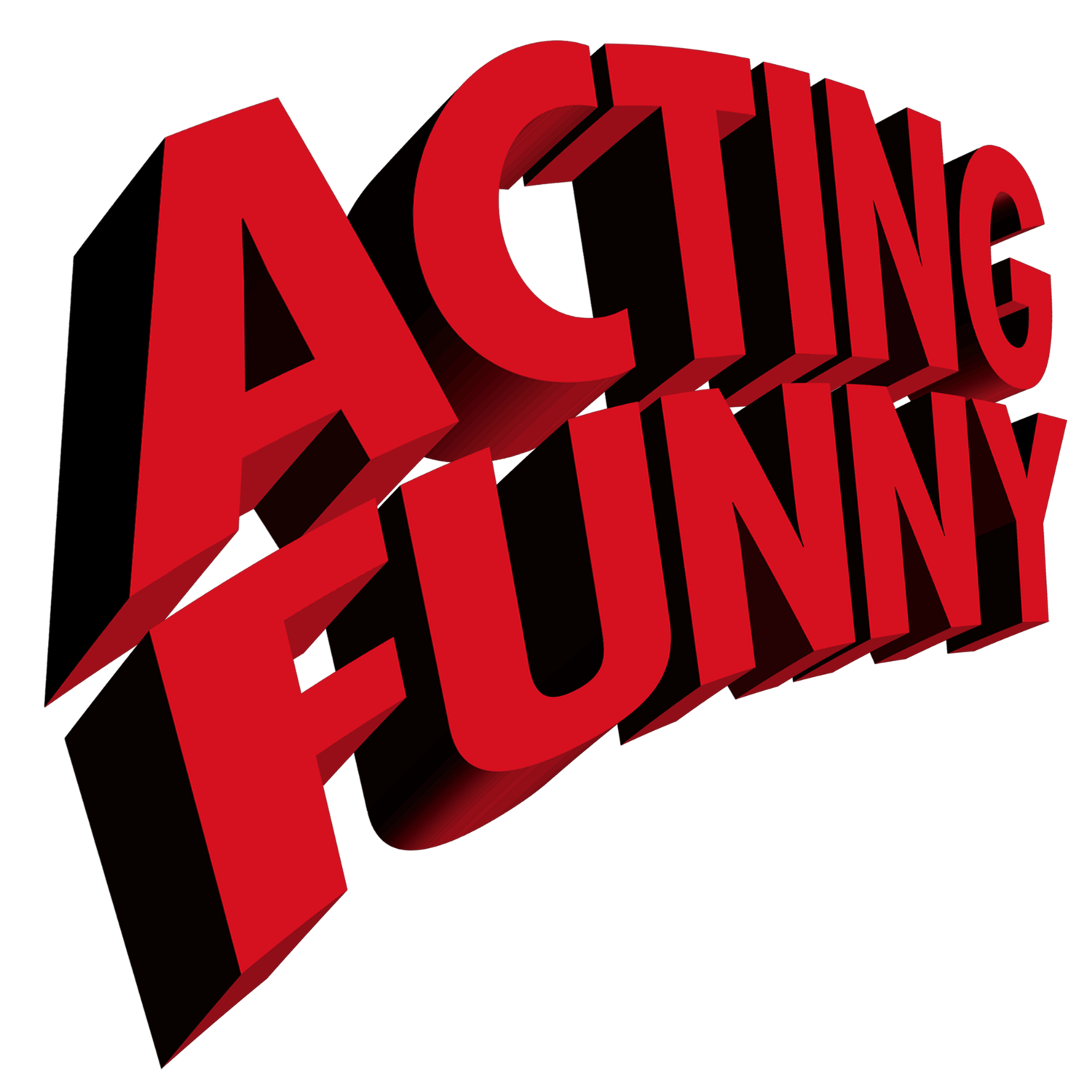What are magic lanterns? (1659)
Don’t worry, there’s nothing wrong with the Acting Funny flux capacitor. We’re just taking a slight detour in our time travel timeline to drop in on the 17th century and learn about “a small invention with big implications” for the development of cinema. In this episode, Shane Rhyne speaks with Dr. Jeremy Brooker, chair of the Magic Lantern Society, to learn more about who invented the magic lantern and what role it played in the development of early cinema in the 1890s. In the second segment, Shane shares an excerpt from an interview with Ian Christie about the history of English music halls (from an upcoming episode on Robert W. Paul).
This episode is brought to you by our sponsor, Offbeat Agent.
Full episode transcript available. Click on the podcast player below to listen to this episode or to share with your friends. Scroll below to find video and links of interest relating to this episode and its guests.
Christiaan Huygens (1629-1695)
Huygens is likely one of the greatest scientists of all time with a lasting impact in physics, optics, astronomy, and mathematics. He invented the magic lantern by adding lenses to a light projection box for displaying images on a wall or screen. While he thought very little of the invention and thought it should be ignored, it turned out to have major implications two-and-a-half centuries later in the development of cinema.
Image: Caspar Netscher, Public domain, via Wikimedia Commons
What did people watch before movies?
In our modern lives, I think it’s deceptively easy to get into a mindset of imagining our ancestors just patiently waiting for someone to invent cinema so they’d have something to entertain themselves.
But, in reality we know that humans have been seeking out ways to entertain themselves since the first cave dweller figured out how to make his friends and family laugh at shadows on the cave wall. When cinema arrived in 1895, it was just the latest in a long line of entertainment options we’ve created to keep ourselves amused on this little planet of ours.
The story of film comedy is about invention and evolution. Cinema itself is an amalgamation of new technologies and older repurposed inventions. It is both technology and art working in partnership.
Comedy is the same way in that there are many branches on comedy’s family tree before we get to the particular descendant we call film comedy.
So, in the spirit of providing context to the history of film comedy, every so often we may venture off the main timeline to go back and look at some of these technologies and art forms that paved the way for the movies that make us laugh today. And that’s why this episode finds us dropping into the middle of the 17th century, about two-and-a-half centuries before the Lumière brothers first recorded their comedy film L’Arroseur arrosé.
Some links of interest from this episode:
Guest Links:
Jeremy Brooker: magic lantern performance and research website
Films Referenced in This Episode: (Links can be found on the Movie Listings page)
Chaplin (dir. Richard Attenborough) - 1992.
The Countryman and the Cinematograph (dir. Robert W. Paul) - 1901.
La Lanterne magique (dir. Georges Méliès) - 1903.
A Night in the Show (dir. Charles Chaplin) - 1915.
The Omen (dir. Richard Donner) - 1976.
Rough Sea at Dover (dir. Birt Acres and Robert W. Paul) - 1895.
Books Referenced in This Episode: (Links can be found on the Resources page)
Christie, Ian. Robert W. Paul and the Origins of British Cinema.
Other Resources and Links of Interest Mentioned in This Episode:
How Bill Adams Won the Battle of Waterloo (magic lantern performance created by The Great Snazelle) - YouTube
Wikipedia articles: Christiaan Huygens - Loie Fuller - Restoration Theatre
Magic Lantern Society article on The Great Snazelle (pdf)
Episode Sponsor - Offbeat Agent
Episode Credits -

